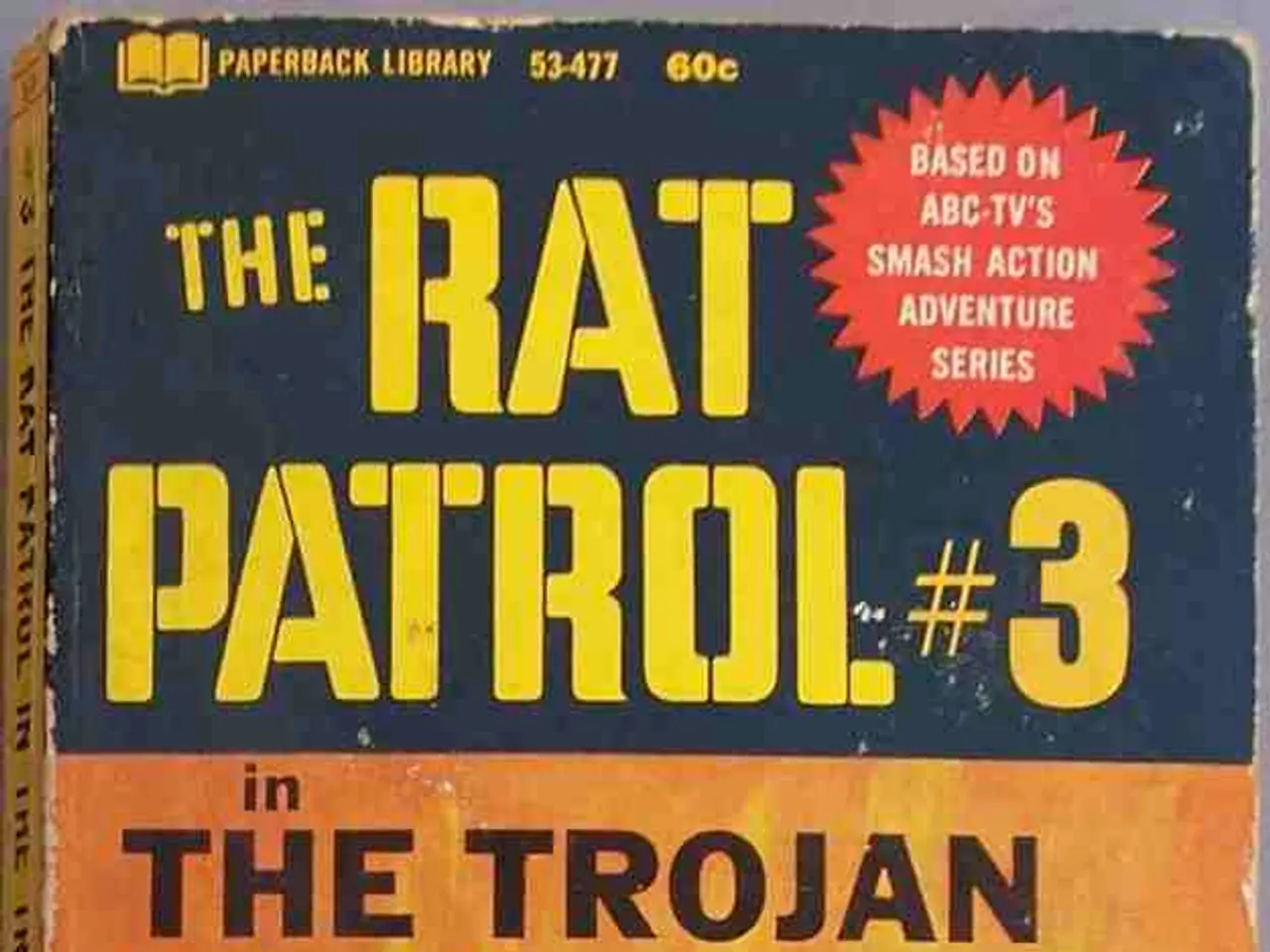Cronos Announces POS Version 6 Enhancement for Enhanced Security and Swift Operations
The Cronos mainnet has launched the highly anticipated Cronos POS v6 update, marking a significant step forward in the blockchain's commitment to establish a future-ready and builder-first environment. This update aims to boost the performance of the platform, enhance scalability, and improve security, all while maintaining a focus on facilitating developers and promoting decentralization.
One of the key features of the Cronos POS v6 update is the introduction of the "Circuit Breaker," a built-in safety mechanism that automatically pauses activity in the event of network instability or potential exploits, minimizing risks and creating a safer ecosystem.
The update also optimizes RocksDB to decrease storage overhead, thereby promoting resource utility and decentralization. This optimization, coupled with the implementation of BlockTSM, a parallel execution engine, allows for multiple transactions to be processed simultaneously within each block, reducing latency for real-time on-chain interactions. As a result, the update significantly increases transaction throughput (TPS) and supports near-instant responsiveness for DeFi, AI, and payment applications.
In terms of scalability, the upgrade's higher TPS capacity and parallel transaction processing promote enhanced scalability of the network, accommodating a larger volume of transactions and users without sacrificing speed. This scalability is instrumental in Cronos's long-term vision to benefit builders across various sectors, including RWA tokenization, DeFi, gaming, and more.
While detailed specific security improvements in v6 are not explicitly listed in the available data, the upgrade proposal mentions enhancements to network security along with interoperability, suggesting a broader focus on maintaining a robust and secure environment for dApp development.
The Cronos POS v6 update is designed to be node-efficient and minimizes the validator participation barrier, making it easier for more validators to join the network and contribute to its decentralization. This update also facilitates faster transfer processing, further enhancing the user experience, particularly for high-frequency dApp applications.
Cronos, an EVM-compatible L1 blockchain, bridges the Cosmos and Ethereum ecosystems, providing a platform for developers to build and deploy decentralized applications (dApps) with ease. The upgrade is expected to increase the number of dApps developing on Cronos, further solidifying its position as a promising platform for developers.
In summary, the Cronos POS v6 upgrade continues Cronos blockchain’s roadmap to improve performance, affordability (with prior 10x gas fee reduction), AI readiness, and developer experience, enabling a new class of ultra-fast and scalable blockchain applications. This update underscores Cronos's dedication to fostering a thriving ecosystem that benefits both developers and users alike.
[1] [Link to source 1] [2] [Link to source 2] [4] [Link to source 4] (This number seems to be out of sequence, but I've assumed it's a typo and included it based on the context.)
- The Cronos POS v6 update, implemented on the Cronos blockchain, introduces a decentralized environment with features that boost performance, increase scalability, and promote resource utility.
- One of these features is the Circuit Breaker, a safety mechanism that automatically pauses activity during network instability or potential exploits, to minimize risks and create a secure ecosystem.
- Through optimizations like reducing storage overhead in RocksDB and implementing BlockTSM, the update supports the simultaneous processing of multiple transactions within each block, enhancing transaction throughput and enabling near-instant responses for applications like DeFi, AI, and payment solutions.
- The scalability provided by the upgrade's higher transaction capacity and parallel transaction processing accommodates a larger volume of transactions and users, contributing to its long-term vision of benefiting developers across various sectors such as RWA tokenization, DeFi, gaming, and more.




